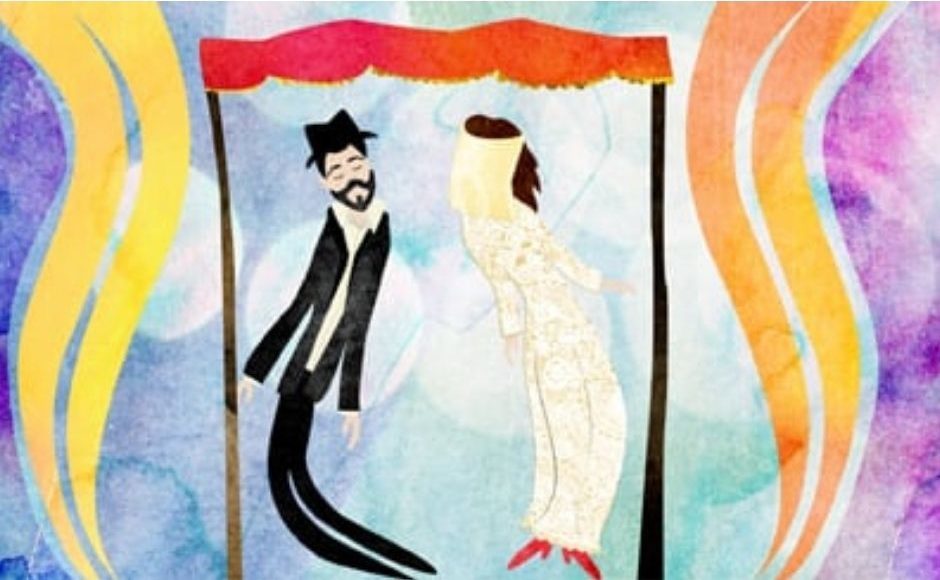
29 Oct Chayei Sarah; Eliezer, Power of the Paradox (rev.)

Inspired by the teachings of HaRav Yitzchak Ginsburgh and Rabbi Moshe Genuth
‘The more powerful the yetzer (desire), the greater the tzaddik.’
There is great merit in overcoming most difficult situations in an elevating and rectified way.
Powerful sparks of holiness are revealed and elevated through the power generated by opposing forces in the process referred to as the holding of opposites (aka ‘standing in the question’).
This is keys to understanding the blessing that Eliezer receives for finding Rivka for a shidduch (to arrange a marriage) for Abraham’s son Isaac.
In parshas Chayei Sarah, Abraham asks Eliezer to find a shidduch (marriage match) for his son Isaac. Eliezer is his closest and most devoted student and ‘servant, [as one’s entire existence is an extension of the existence of his master and], the elder of [Abraham’s] house, that ruled over all that he had’. Avraham had Eliezer take a ‘special oath’ and swear to carry out the mission precisely as Abraham tells him. As Abrahams most trusted servant, we ask why does Abraham find it necessary to go to such lengths to insure Eliezer properly carries out the mission?
Avraham had actually put Eliezer in a compromising position having asked Eliezer to find a suitable bride for his son Isaac. Eliezer having been so close to Abraham had hoped that it would be his daughter that would be chosen for Isaacs bride. However, that was not the case. The reason Eliezer’s daughter was not chosen is that Eliezer ancestry carried a ‘curse’. This blemish disqualified his daughter from marrying Isaac.
Eliezer was a descendant of Noah. More specific , he was a descendant of Noah’s son Ham (and the continued lineage of Ham’s son Canaan, Noah’s grandson) . It was Ham that saw the ‘nakedness’ of his father [Noah]. The commentaries teach us this is a euphemism that Ham castrated his father Noah so that he could no longer have any more sons. And so from Ham (came his son Canaan) and the lineage carried forward the burden of a ‘curse of seeing Noah’s nakedness’.
Eliezer was thus conflicted to carry out the mission for Avraham and Isaac, but he did so dutifully having in mind that the mission was ultimately to serve G-ds Will. The inner conflict Eliezer dealt with was between his desire for his daughter shidduch, and the shidduch requested of him by Abraham for Isaac. It presented a powerful paradox for him.
It was as a result of being able to rise above his desire and inner conflict, the paradox of wanting the shidduch for his own daughter, to then carry out his mission in a most rectified way, Eliezer was rewarded with a great gift by G-d by having the ‘curse’ of his ancestry removed.
There will be times in our lives when we feel that a situation is overwhelming, torn between opposing forces that create a ‘paradoxical angst’. These difficult times hold within them powerful spiritual sparks waiting to be ignited. It may be, as it was for Eliezer, that to manage through a difficult situation in a righteous way holds for us great reward.
Leib Getzel (Lawrence) Lax
Addictions and Counseling
lawrencelax.com
lawrenceJLax@gmail.com